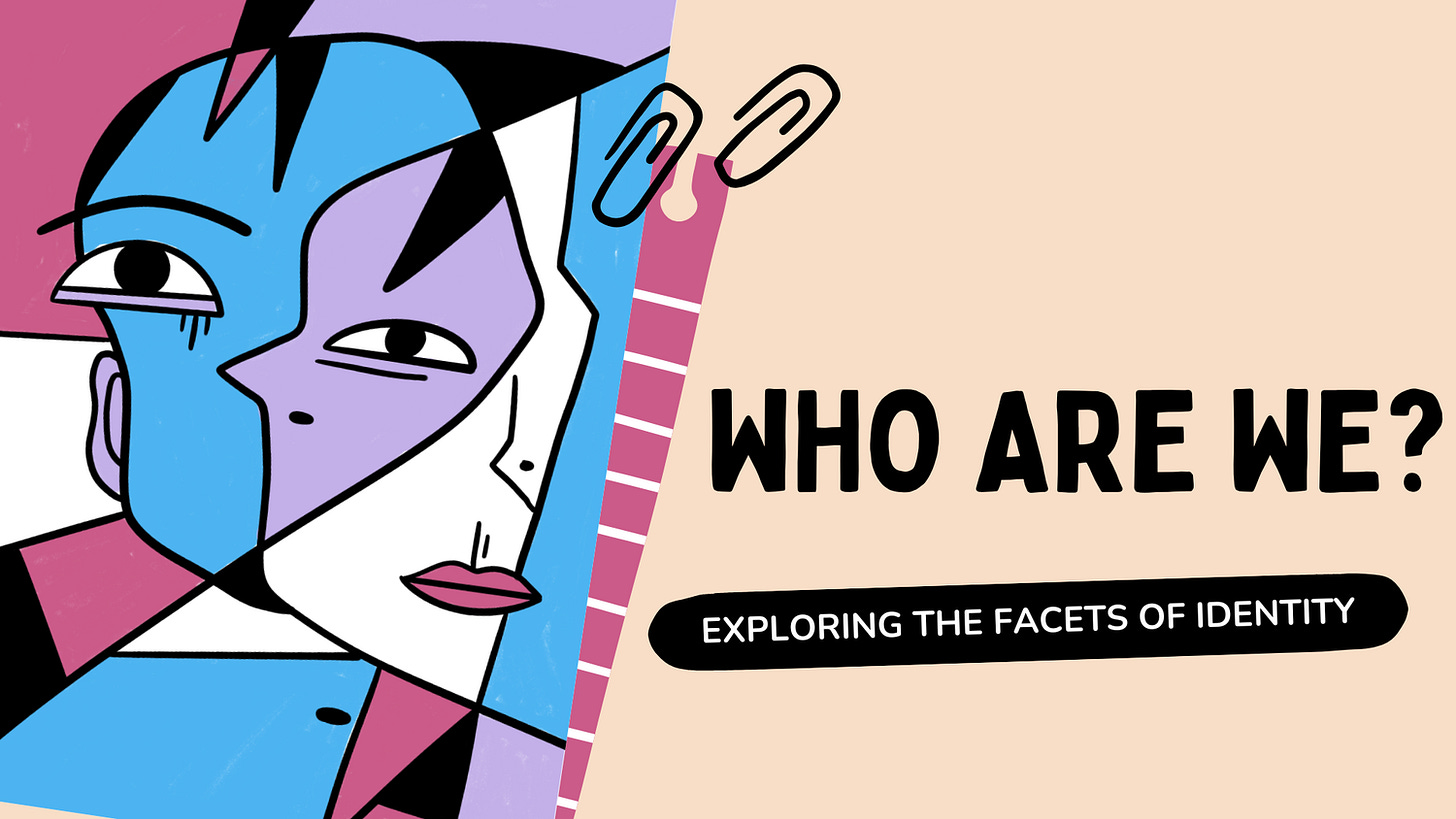Who Are We? | The Impact Post
Issue # 51 | Mon, 31 Mar 2025
Dear NuSocia Patrons,
Identity shapes how we experience the world and how the world, in turn, treats us. It influences access to opportunities, rights, and resources, shaping the trajectory of social movements and policies. From marginalized communities to gender inclusivity, identity sits at the heart of social impact.
In this edition, we explore how identity influences empowerment, community resilience, and systemic equity. As we navigate the complexities of personal, communal, and gender identities, let’s commit to fostering a world where every identity is seen, valued, and included in the journey toward social progress.
Personal Branding in the Social Development Sector
In the age of digital presence, identity has evolved beyond mere self-expression—it has become an asset. A strong personal brand can empower individuals, especially in the social impact sector, to champion causes, influence change, and open doors for marginalized voices.
Read this article by the NuSocia Translational Research Center (NTRC) to learn why personal branding matters and how you too can build an authentic personal brand.
Unveiling Identity: Stories of Vulnerable Tribal Communities
For indigenous and tribal communities, identity is deeply tied to land, culture, and tradition. However, these communities often face threats from climate change, economic displacement, and systemic marginalization. Recognizing their identity means protecting their rights, amplifying their voices in policy decisions, and ensuring that ‘development’ does not erase their heritage but rather integrates their wisdom into sustainable progress.
In this article, we highlight the stories of Particularly Vulnerable Tribal Groups (PVTG) in India, and the need to protect and preserve their identities.
Gender Identity and the Right to Health
Gender-diverse individuals, particularly transgender people, continue to face immense healthcare disparities. Access to gender-affirming care, mental health support, and social acceptance are critical to ensuring their well-being. Governments, nonprofits, and businesses must work together to dismantle systemic barriers, promote inclusive policies, and create safe spaces that honor gender identity as a fundamental human right.
In this article, the NuSocia Public Health Center of Excellence explores solutions to make the health system responsive and inclusive of the health needs of transgender persons.
Intersectional Identities: Where the Struggles Converge
Identity is never singular. A Dalit transgender woman, an indigenous climate activist, or a person with disabilities in the workforce—each experiences layered challenges that cannot be addressed in isolation. Social impact efforts must move beyond siloed approaches and embrace intersectionality to create meaningful and lasting change.
Activist and law professor, Kimberlé Crenshaw, who coined the term 'intersectionality' in 1989, explains its significance in addressing overlapping social inequalities in her TED Talk.







